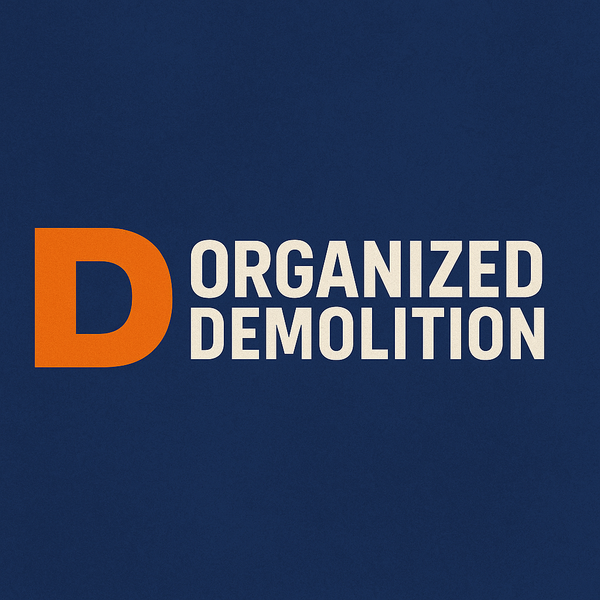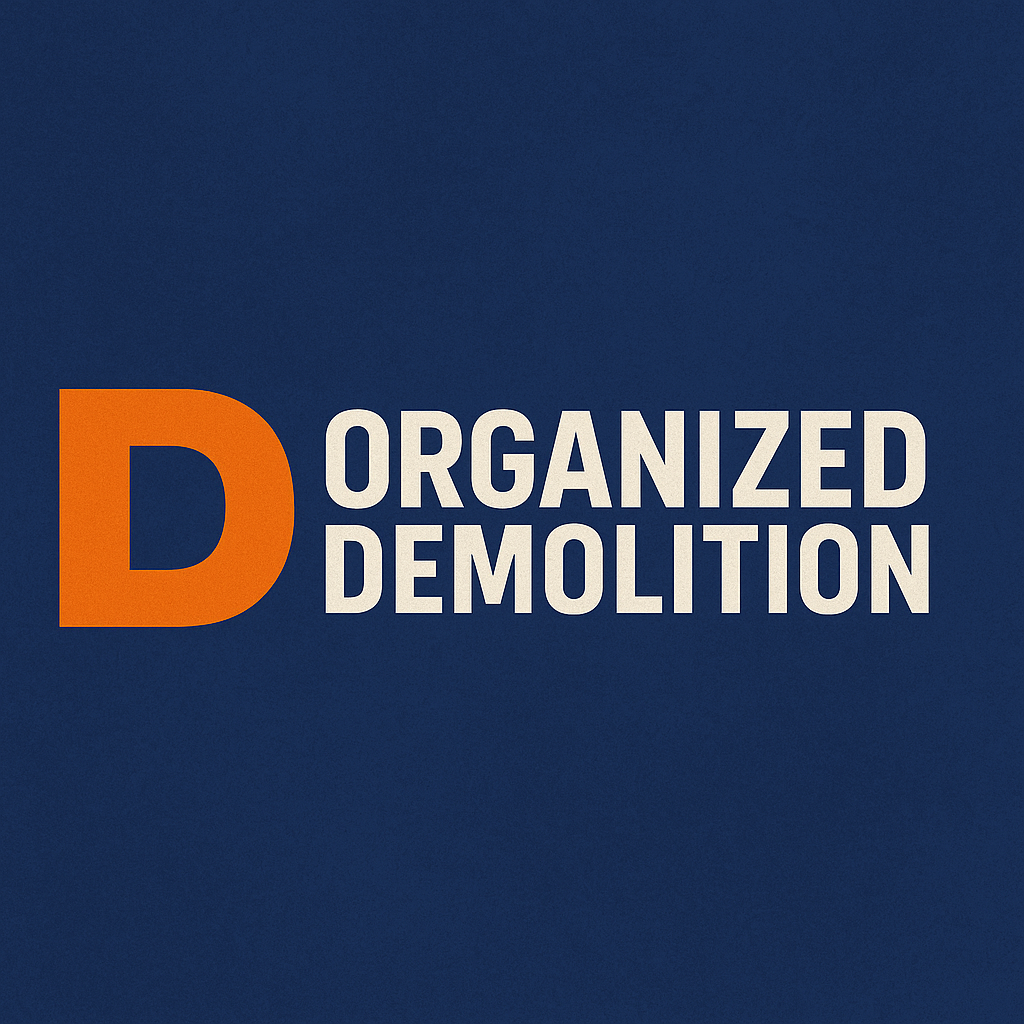Concrete Demolition South Carolina
Concrete demolition is a critical aspect of construction and renovation projects, particularly in South Carolina, where the demand for infrastructure development is steadily increasing. The process involves the systematic removal of concrete structures, which can include sidewalks, driveways, foundations, and other concrete elements. Understanding the methods and equipment used in concrete demolition is essential for ensuring safety, efficiency, and compliance with local regulations.
In South Carolina, concrete demolition typically employs various techniques, including mechanical demolition, hydraulic demolition, and controlled demolition. Mechanical demolition utilizes heavy machinery such as excavators and bulldozers, which are equipped with specialized attachments like hydraulic breakers and concrete crushers. This method is efficient for large-scale projects, allowing for the rapid removal of substantial concrete volumes.
Hydraulic demolition, on the other hand, is often employed in situations where precision is paramount. This method uses hydraulic tools to break down concrete structures with minimal impact on surrounding areas. It is particularly advantageous in urban settings or locations where noise and vibration must be controlled. Controlled demolition, which involves the use of explosives, is less common but can be effective for large, complex structures that require a swift and thorough dismantling.
Safety is a paramount concern in concrete demolition. According to the Occupational Safety and Health Administration (OSHA), falls, being struck by equipment, and exposure to hazardous materials are among the leading causes of injuries in demolition work. It is crucial for contractors to implement comprehensive safety protocols, including the use of personal protective equipment (PPE), proper training for workers, and adherence to safety regulations. In South Carolina, contractors must also be aware of state-specific regulations regarding demolition practices and waste disposal.
Moreover, the environmental impact of concrete demolition cannot be overlooked. The concrete industry is responsible for approximately 8% of global carbon dioxide emissions. Therefore, sustainable practices, such as recycling concrete materials, are increasingly being adopted. In South Carolina, many demolition contractors are now focusing on diverting concrete waste from landfills by crushing and reusing it in new construction projects. This not only reduces environmental impact but also provides cost savings for contractors and clients alike.
In conclusion, concrete demolition in South Carolina is a multifaceted process that requires careful planning, execution, and adherence to safety and environmental standards. By employing the right techniques and equipment, contractors can ensure efficient and safe demolition while minimizing the impact on the environment. As the demand for construction and renovation continues to grow, understanding the nuances of concrete demolition will be essential for industry professionals in the region.

